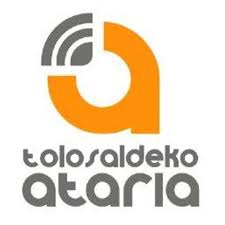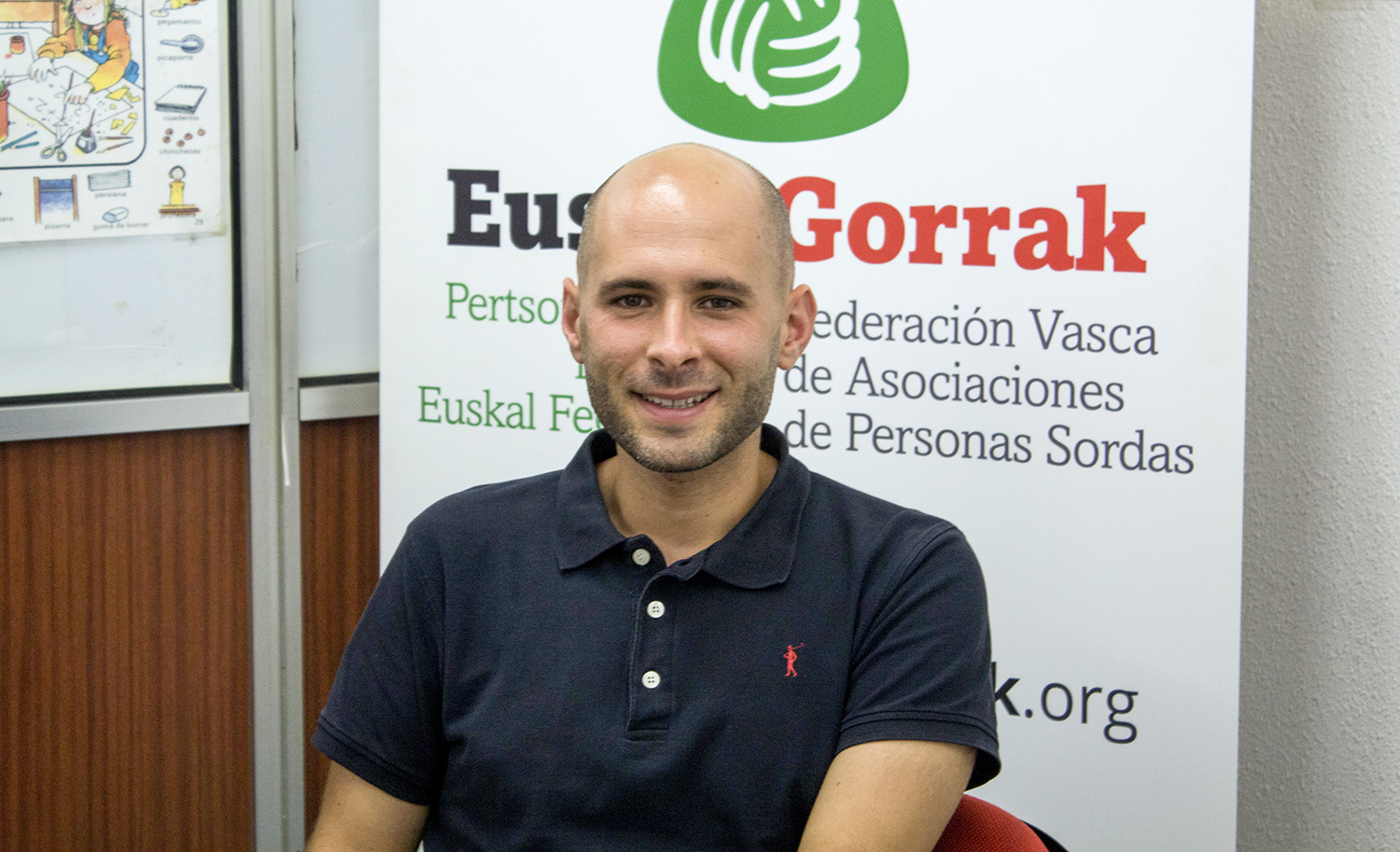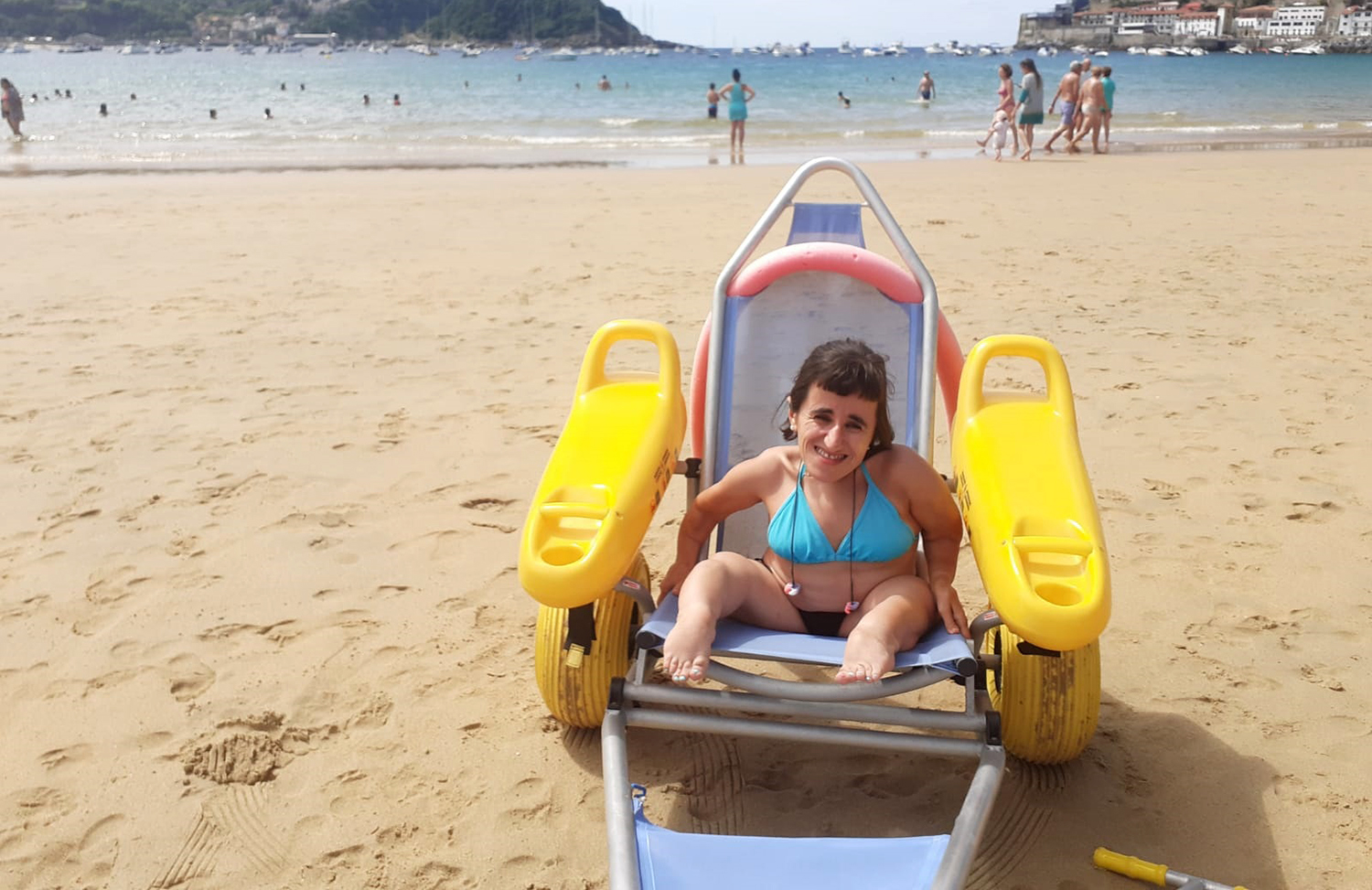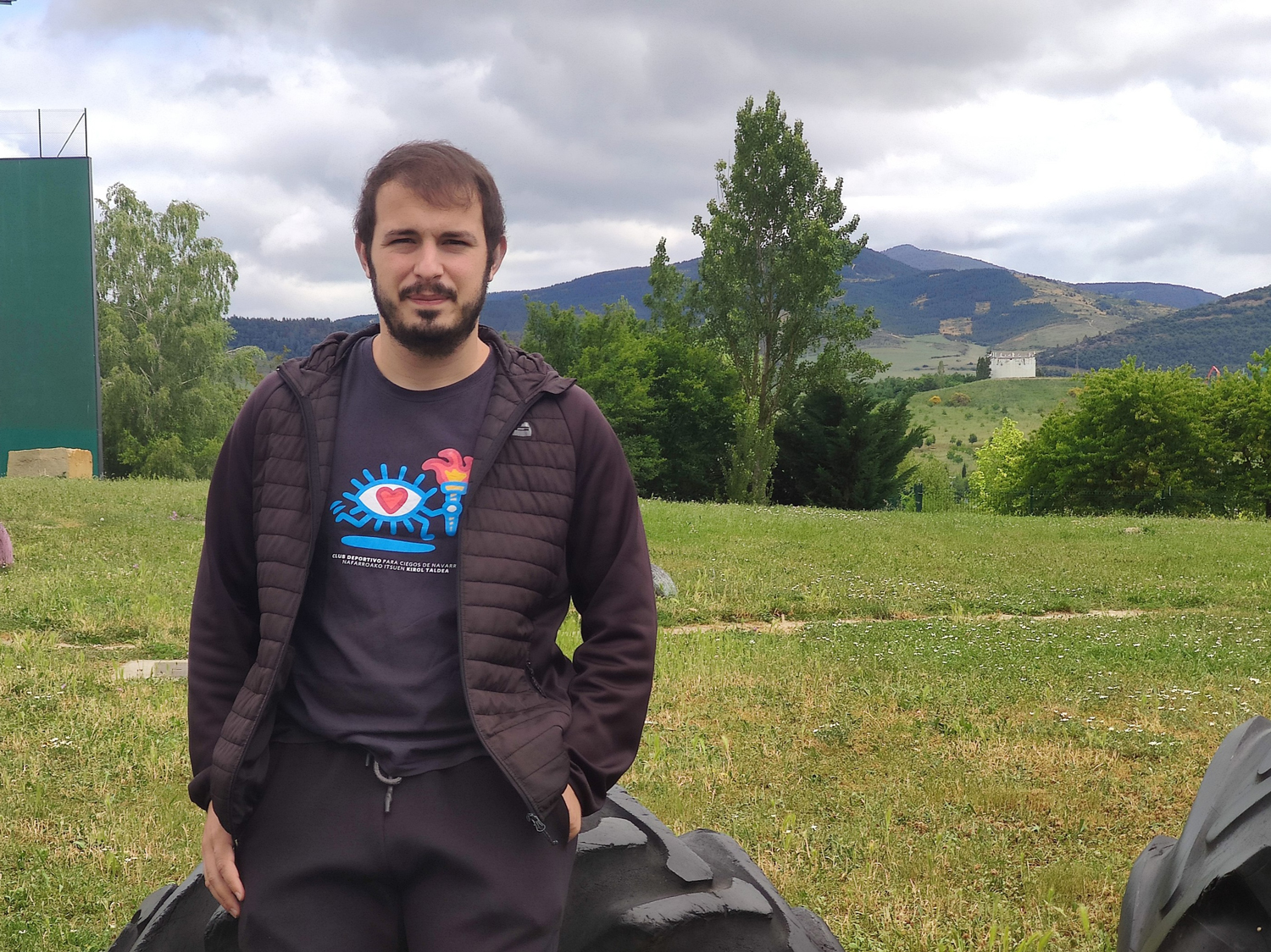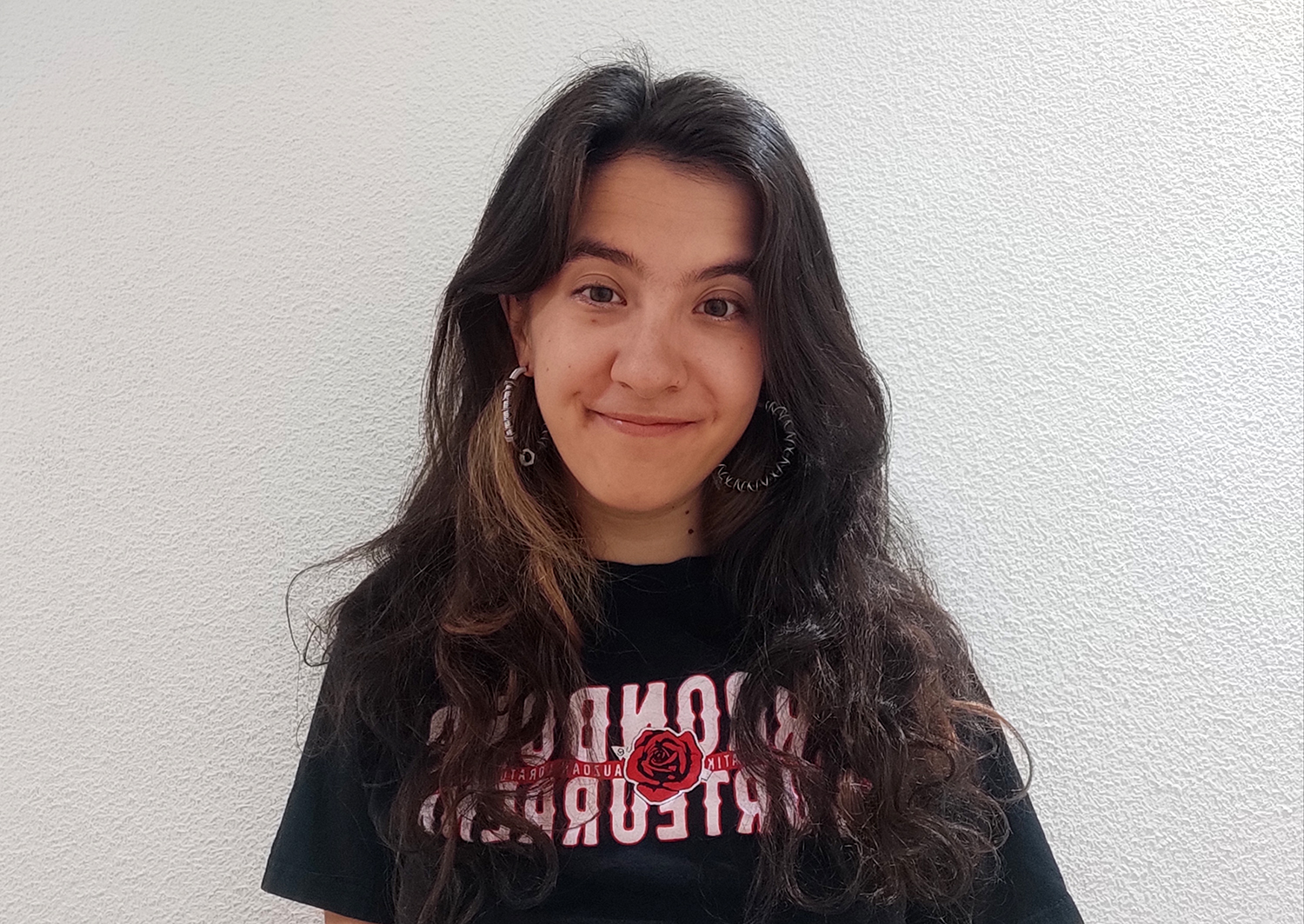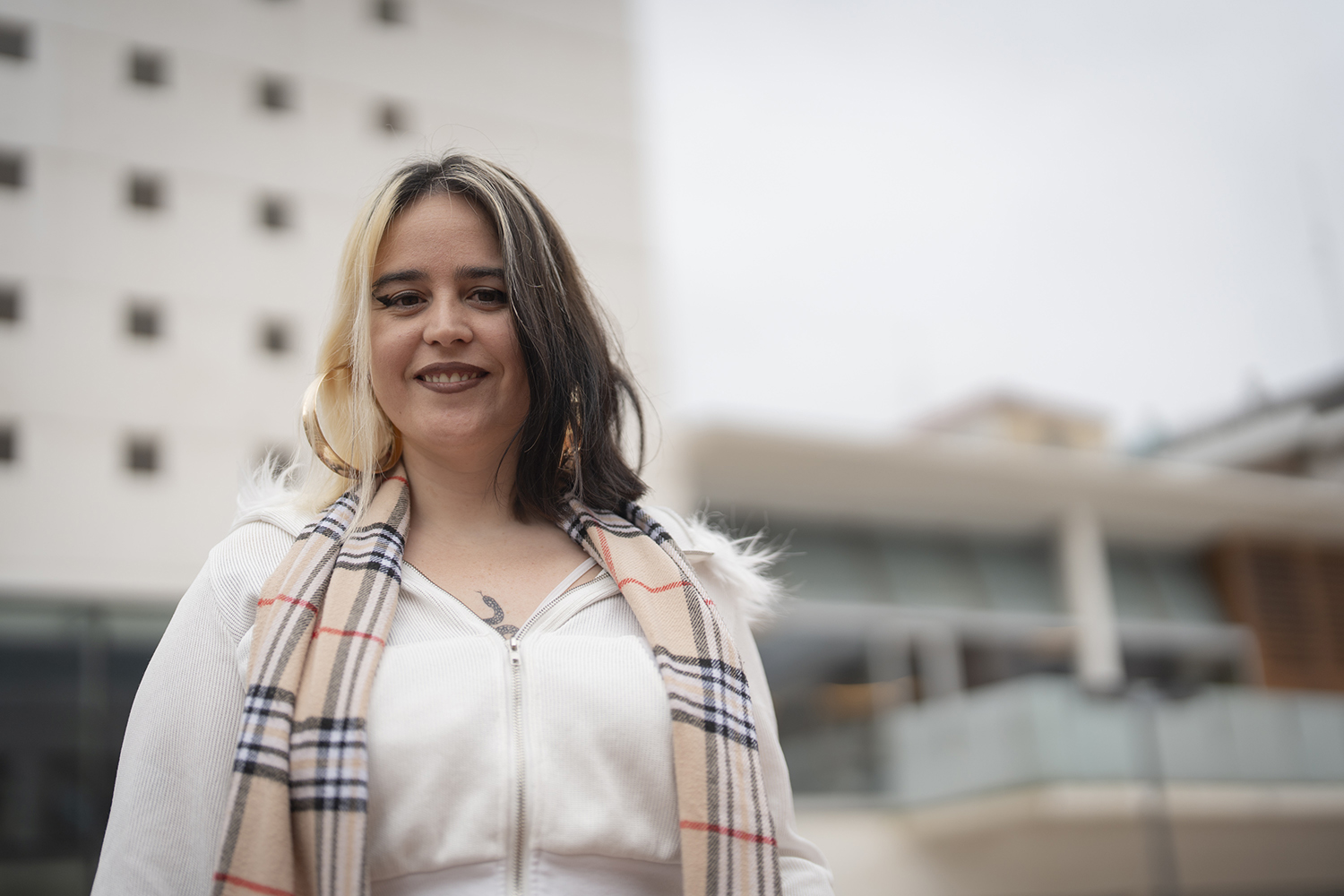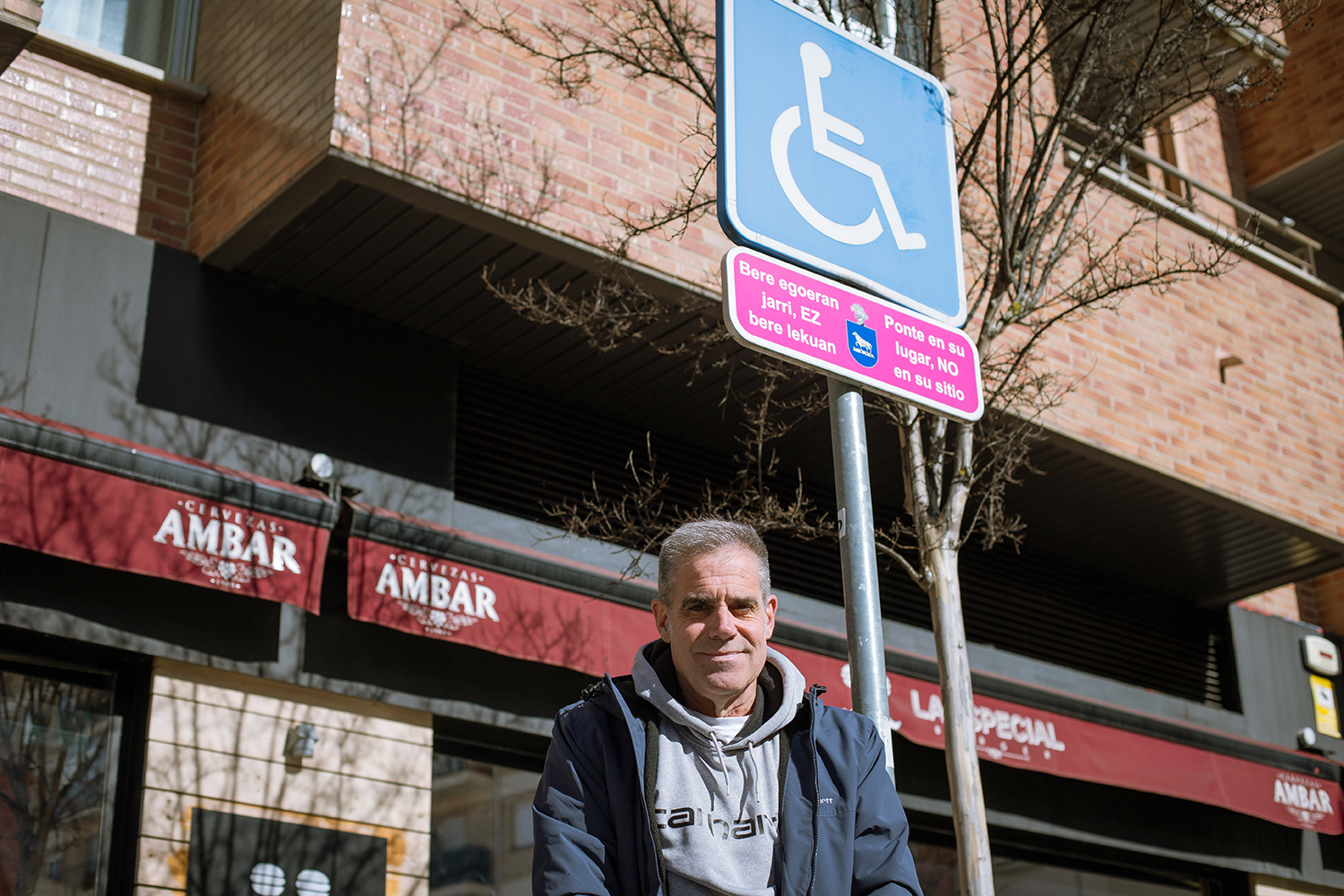Sixteen years have passed since Josu Uzkudun Etxenagusia suffered a spinal cord injury in a traffic accident and was left in a state of tetraplegia. From the gaze of Marijo Askarai Sukuntza, who is next to him, comes the study on tetraplegia.
In the last sixteen years you have been the arm of Josu Uzkudun…
Not just the arm, but rather all that. For a start, I'm your wife, the only person who guarantees her momentum, her support, her strength and her well-being.
You're a lot more than a couple of arms. But socially, what does a man's wife look like in a quadriplegic state?
Well, this issue, quite rightly, causes me cracks many times. In society, we see our figure as a woman, caregiver and collaborator of someone in a situation of disability. It is considered admirable because it is valued altruistically: "Oh, what capacity, it's stopped!" ". In his words, I see a little infamia. That is, to give an example, when a child is born, nobody says: "Oh, how good, you educate a child, you take care, you thrive! ". No, I don't think you have to give it that connotation or that context because a person has been left in a situation of disability. I mean, you're a person, your cognitive abilities are active, and what's happened is that you physically don't have those capabilities that you had before. To me, in itself, it does not seem to me to be seen as something essential, but it does produce admiration. For example, they see you as a person with great capacity, but with great ignorance. The other person is neglected or partially minimized by the loss of certain abilities. On the one hand, you do not really see that there is a will of person and, on the other hand, that you have needs. When it comes to marrying them, or at least placing them socially as they are, they are seen very little. It's not naturally seen. "Well, they're husband and wife, it's happened to them, and they're going to go ahead, seeing their situation, like any other person," he added. No, it's usually considered special, and that bothers me a lot. The connotation, in turn, which I have been told directly, is as follows: You have great merit, and what package you have taken on you.
Maybe there was no such violent vision before, and today it looks stronger than a person to stay next to a disability situation. They think you've lost your life. You're given that connotation, and in part you're right, because it conditions your life, because when you live in a disability situation, you also become a person with a disability degree. But, on the other hand, you don't give it that real internal fund: we are people, and from the moment we are people, you forget that we all need.
"They make us feel uncomfortable and bad, because business and social services don't track them."
To what extent is the commitment and love of choosing to take care of your husband?
For starters, the first two sensible words are love and commitment. They go at the same time and united. If not, we would not carry out our life project. Please note that Josu remained in this situation at 31 years old. So we were building our family, our life project, our goals, our intentions, our dreams. They were all abandoned at the time of the accident. This meant moving forward in two ways: love and commitment. Within this commitment there are also many sacrifices and losses on the way.
To what extent does home care alleviate your work?
Very little. In short, home care is divided into two blocks. One is home help, where people help themselves do those little things so they can live in everyday life. On the other hand, there is personal support. What happens in these cases is that normally everything goes into the same bag. There is no concrete vision that identifies the multiple needs the user has, that is, in this case personal care, the help that corresponds to the person. They're the same things that you do to take care of a young child, not the same thing, but it's similar, because it changes in size and because we talk to an adult person. But at the end of the day the function is the same: you have to correct and dress that person correctly, you have to put the mechanisms below, etc. Here we realise that home help is not prepared to deal with such situations. They often become unpleasant and uncomfortable situations.
What are these aids missing?
When through the managing companies a collaborator is channeled, we are told that he is prepared, because he has a document that says he is professional. But when it comes to us, its surprise is that it has never met those situations, that it has no experience in this field of high dependency. It is our role or my role to show it personally, because they have no foundation or wisdom.
In these cases, it has happened to us on several occasions that the collaborators have explained to us the impossibility and have forced us to suspend the need of our user. So, they violate your intimacy, they get into your intimate space, they see everything and they feel the legitimacy of telling us directly that they can't cope with that surveillance. That is where we see deficit and exclusion. After all, our situation leads us to suffer and live. We do not think it is right for a role to say that they are professionals and that they decide where they can take care of a person and where they cannot. We too have rights, and on that basis we see that our rights are not respected. We see a deficit in both training and training and that there is no right to suffer them. They don't have to abandon us and stop serving because they don't feel able to cope with these needs.
These situations should be a little followed. Even if you tell us what happened, both the company and the managers do not take this into account. They are based solely on the professionalism document, but other things appear in practice. For us it is a personal insult. We put our time and our knowledge at your disposal, and although in some cases we manage to ensure it, in many others we have not achieved it. They make us feel uncomfortable and bad, because business and social services don't track. The legislation says that they have to follow up once or twice a year, that they have to ask us how we are, and we miss that monitoring. We live in a sense of total exclusion, of people in a situation of disability and of those next to them; an impressive loneliness.
What would help you make a happier life?
There are, on the one hand, desires that are not possible to make life happier. The avoidance or definitive solution of this situation, that is, the advancement of science to the extent necessary to recover the old capacities. That would be total happiness, but well, that's a blind dream. But when we talk about happiness, we don't ask very much. From my area of care, I ask for the recognition of the system as a woman and as a caregiver of these cases, whether stable. These kinds of situations condition your social, economic and personal scope. We are over 21 hours, and the other three are aid provided by the system. But 21 hours are mine and not contemplated. I'm a productive, reproductive person, without any benefit.
My work is not taken into account, and I would like the system to accept it in order to be happy: my job, my burden, my sacrifice ... Although it is not an economic recognition, as an individual and external worker, the reality experienced by the relatives of dependents should be taken into account. Today it is observed that when one has a child there are subsidies and other types of aid that are given in practice. In our case, there is nothing like that. The kinds of help have never come, and I've felt so lonely.
We have come many times to these kinds of meetings and small sessions organized by the Provincial Council, where a psychologist tells us that we have to have coffee, enjoy free time and disconnect. Wrong. I don't need psychologists to have coffee, to know that I need leisure and disconnect, the problem is that I can never disconnect it. We live under the clock. I don't need any advice for a coffee, I know I take it myself. The system should in practice bring the same benefits as any other person, such as a worker, producer or player. I too have the right to enjoy a monthly holiday without work. I am entitled to a free weekend, just like any other worker. I have the right to decide what I want in my life, and this situation conditions me, does not give me that right. So I want to guarantee those rights. To achieve this, the system requires a transformation, to see our position and feel truly who we are and what we do has functionality. That's happiness for me.



